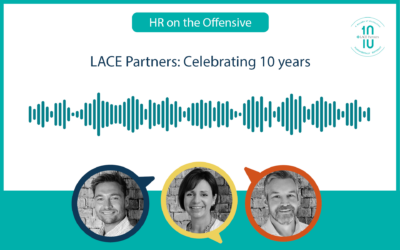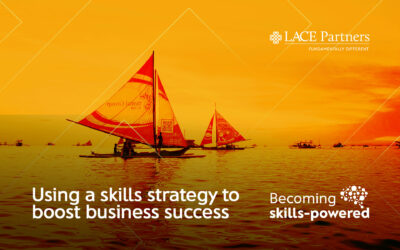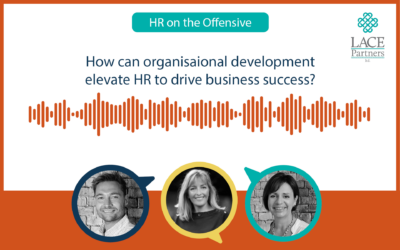A year on from our original post about the UK marketplace and still no part of HR is moving as swiftly as the HR tech market for SMEs. The breadth of choice is still stunning — and increasingly intimidating. So, how do you navigate the new landscape?
Our advice? Think strategically about exactly what to buy:
Decide what you’re shopping for
The first thing is to be clear on your business strategy, your requirements and what functionality you really need and want, and what will give you the best business return. Is it recruitment, learning or simply a good HR core administration or payroll tool or all of the above?
Do your homework
Technical due diligence combined with client references should be your next step. There are lots of online forums.
Check the fit
The third step is to ‘feel it’. There must be a strong cultural fit between your tech partner and your organisation. You need to choose a product that inspires employees and reinforces your brand and its values. It should feel simple and easy to engage with. In a nutshell, your employees need to like it! Or, ideally, love it.
It’s also important to consider who to buy from:
The big players
The market is expanding faster than ever before. Giant enterprise providers (such as Workday, SuccessFactors, Oracle and Infor) can scale down to 500 employee businesses, offering countless options to suit all sorts of needs and circumstances as they arise. But offerings from these vendors tend to carry a higher price tag, with a more complex implementation route.
Tailored providers
There’s an emerging group of functionally-specific providers who are rapidly morphing into multifunctional global players. These are the likes of Cornerstone (learning), Peoplefluent (performance) and Ceridian (payroll). As you’d expect, they all bring deep knowledge of their original functionality, but are quickly moving to deliver a more comprehensive suite of HR tech services.
Multifunctional platforms
Multifunctional product platforms, mirroring Workday with their single code approach, have developed in specific sectors, making great names for themselves. Growing fast and attracting fans and investment, they’re also expanding out from their home industries to compete like-for-like with the big players. This group includes brands like SAGE People, formerly Fairsail (tech and professional services), Elementsuite (hospitality) and CoreHR (retail).
The disruptors
Finally, there are the new entrants. Market disrupters, such as Neeyamo (a 100% employee-owned organisation), Ramco (an enterprise software in HCM and Global Payroll) and Web HR (a social all-in-one system), are all on a mission to make a name for themselves in the market this year.
Worried? Don’t be. Implementing a new HR platform has never been easier. There is now enough choice out there for you to be able to pick a platform that is tailored specifically for your company’s needs.
A few thoughts to consider if you are thinking of changing platform …
Make sure you are clear on your requirements from the beginning, so you don’t run into problems down the line. Remember – these are the days of SaaS (‘software as a service’) products. Be confident with your choice and commit for the long run. This will enable you to grow with your partner and build up a good working relationship. If you do decide to sign a three-year deal, make sure it has a minimal notice period. This will put your mind at ease and give you wiggle room if or when it is needed.
Build a contingency plan before you get going and don’t lose hold of your data along the way. If you do end up swapping to another provider, you’ll find it’s a much simpler task in today’s tech marketplace. And it’s growing simpler by the year.
That said, for stability’s sake, it’d be wise not to chop and change quite as regularly as a certain president hires and fires…
Aaron Alburey, CEO and Founder of LACE, FCIPD and a member of the HR Guild. Father to the L, A, C, and E (Lauren, Alex, Caleb and Eve) in LACE Partners and bouldering enthusiast
Contact Aaron or for more information.






